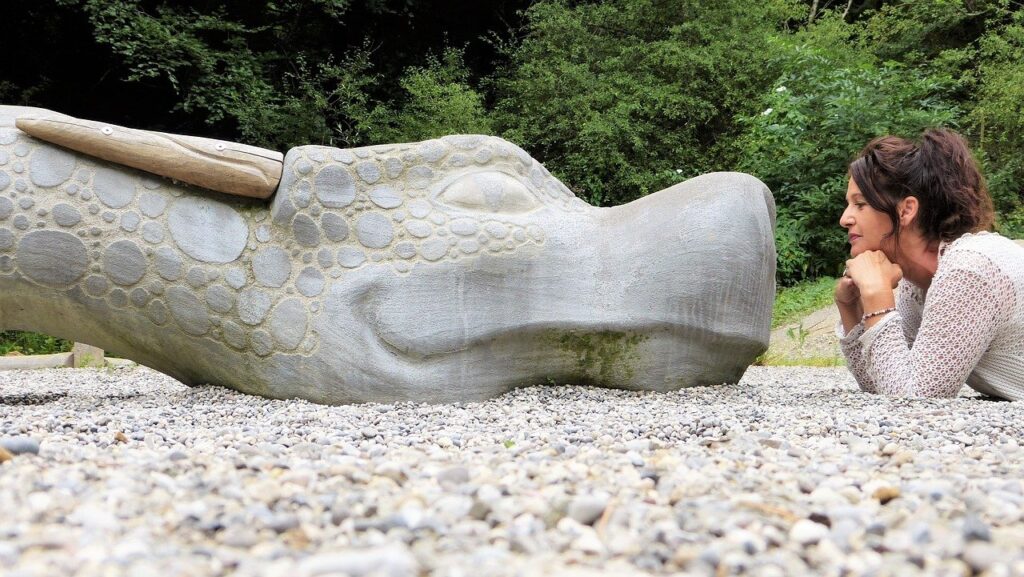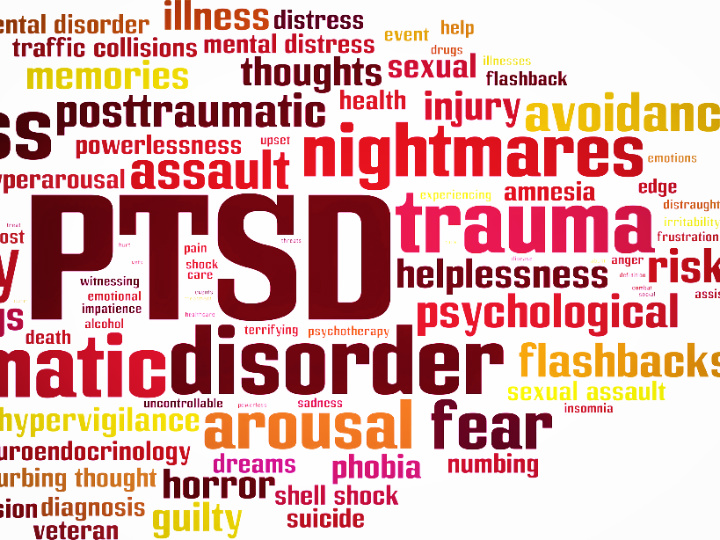Gay-identifying and same-sex attracted men face the doubly silencing effects of stigma surrounding
Improving policy and practice responses for men sexually abused in childhood (malesurvivor.nz)
child sexual abuse and homophobia (Lew, 2004).

Homophobia (personal and public) acts as a major inhibitor of men disclosing child sexual abuse
Improving policy and practice responses for men sexually abused in childhood (malesurvivor.nz)
and seeking any form of assistance (KPMG, 2009). Questions relating to sexual identity produce
unnecessary confusion and move attention away from the use of violence, manipulation, coercion
and the offensive nature of the crime of sexual abuse. If a man was sexually abused by a man he
may be concerned that people will think he is gay, and discriminate against him, or if he was abused
by a woman that people will not take his complaints seriously, and think he should be okay about
it (Teram, Stalker, Hovey, Schachter, & Lasiuk 2006). Personal concerns with questions of sexuality
often trouble men, even if they have never previously experienced sexual interest in another man
(Foster, 2005). Individual men themselves may not have negative attitudes towards homosexuality,
but are aware that men identified as anything other than heterosexual, face discrimination, harassment
and abuse.
Gay-identifying and same-sex attracted men face the doubly silencing effects of stigma surrounding
child sexual abuse and homophobia (Lew, 2004). Here, difficulties become compounded by societal
denigration of same-sex relationships. Personal distress and reluctance to speak about abuse is only
added to by suggestion of a supposed link between sexual abuse and “damaged” sexuality (O’Dell,
2003). Unfortunately, there is insufficient room to detail in anything but a cursory way, the extent to
which questions of sexuality produce distress and silence men subjected to sexual abuse

